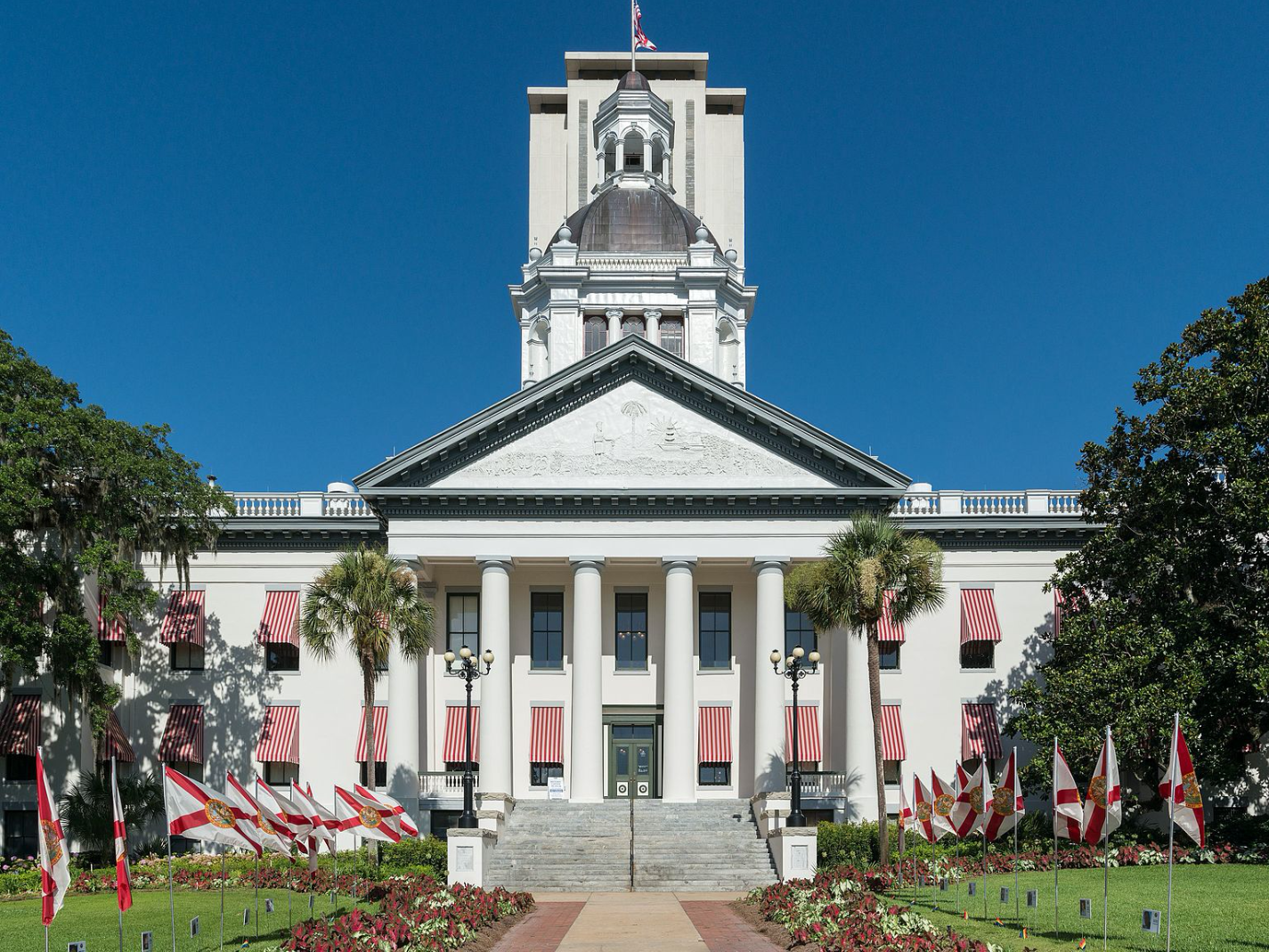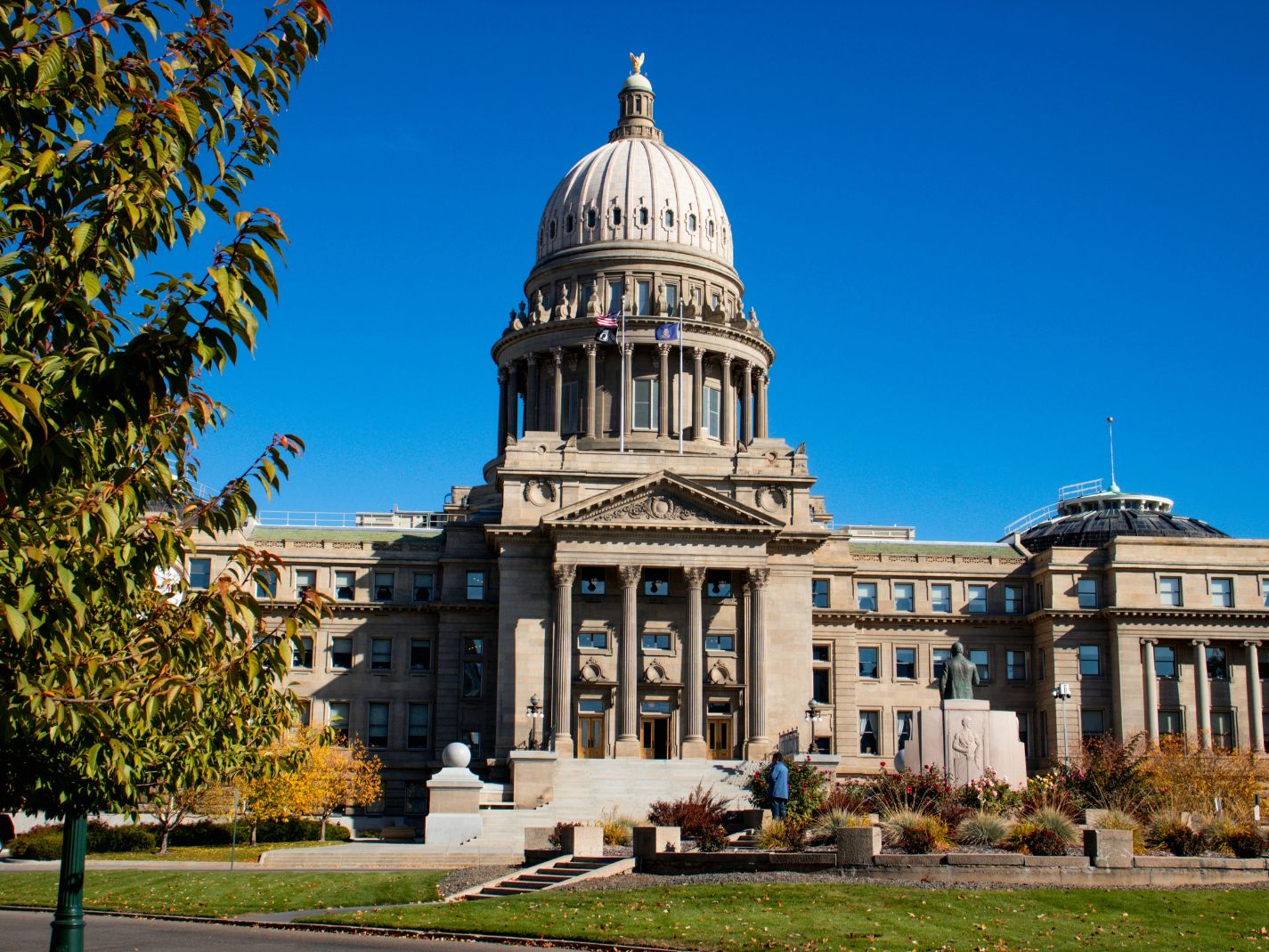Resolute is the Civics Alliance’s newsletter, informing you about the most urgent issues in civics education. Above all, Resolute will provide information about federal and state legislation that seeks to impose action civics, or to preserve traditional civics.
Federal and State Legislation
Florida legislators have filed Senate Bill 188, which would establish “a civic literacy practicum” and “the Citizen Scholar Program within the University of South Florida.” Over the summer, Governor DeSantis vetoed a similar bill, Senate Bill 146, citing his concerns about action civics. The new bill makes several changes: it doesn’t establish a partnership with the action civics-oriented YMCA Youth and Government program, and it includes a prohibition of “protest civics.” It fails, however, to define protest civics, creating an easy workaround for groups determined to evade state law.
Elsewhere in Florida: Since 1988, Florida’s school board elections have been nonpartisan. Florida lawmakers recently filed House Joint Resolution 35, which proposes an amendment to the State Constitution that would make school board elections partisan. This follows the Civics Alliance’s model school board election law. The bill will be considered in 2022.
At the federal level, lawmakers have proposed yet another bill that would fund action civics, the Teaching Engaged Citizenship Act of 2021. The bill would fund a grant program for civics education and research. It also promotes service-learning projects, including projects that address “national needs”—in other words, action civics. Shawn Healy, senior director of policy and advocacy at iCivics and one of the architects of the action civics-heavy Democracy Schools Initiative in Illinois, praises the bill in its announcement press release.
As noted in the last issue of Resolute, Texas Senate Bill 3 awaits the Governor’s signature—and it will most likely be state law by December. Recently, Karole Fedrick of Texas Eagle Forum analyzed the legislation on the National Association of Scholars website.
The CivXNow Policy Agenda
Last week, CivXNow hosted its first Policy Summit, hosting dozens of policymakers and commentators for discussions on the coalition’s agenda. Throughout the summit, members of the CivXNow coalition emphasized their commitment to “project-based” and “participatory” civics education. One video overview touted the Illinois Democracy Schools, which draws from the Lived Civics framework and requires student action projects. If the summit made one thing clear, it’s that CivXNow is committed to redefining civics around the country.
CivXNow also used the summit to announce its State Policy Menu, a comprehensive list of policy recommendations that draw heavily from the Educating for American Democracy Roadmap. The recommendations include a heavy emphasis on project-based learning, media literacy, and culturally responsive teaching.
Pro-CRT Talking Points from Learn From History
While CivXNow advocates for a total overhaul of American civics, Learn From History now provides the talking points that would help it do so—by defending Critical Race Theory (CRT). Its toolkits are designed to help teachers and school leaders “explain the widespread misinformation about schools teaching an academic theory called ‘Critical Race Theory.’”
Ed Week’s Map
Speaking of CRT, Education Week now hosts an interactive map showing where policymakers have pushed back against the successor ideology. If this issue concerns you, check it out and see if your state has made the list.
State Battles Around the Country
Massachusetts Empowers Woke Activists to Set Curricula
Virginia county school board votes no on adopting state transgender policies
Anti-CRT Republicans Sweep Connecticut School Board Primaries
Colorado school district bans critical race theory
Clarkstown superintendent out: Cox resigns after flap over BLM presentation, mask rules
Open Position: Troy University’s Leadership Institute (Civics Education Focus)
Troy University has an open position for the director of Troy’s Leadership Institute. The position will focus heavily on civics education. If you know of anyone who might be interested in this role, please pass the word along. You can read about the position here.
Civics Alliance State Affiliates
The Civics Alliance would like to build up a network of state affiliates—groups dedicated to removing action civics in their state, whom we would list on our forthcoming website. If you would like to form such an organization, or suggest an existing organization, please get in touch with David Randall (randall@nas.org).
Continuing Priorities: Federal Legislation
At the federal level, the Civics Secures Democracy Act threatens to impose action civics nationwide.
The Civics Bill Tracker
Civics Alliance members may now use the Civics Bill Tracker to track all proposed federal and state legislation related to civics.
Public Action
We encourage Civics Alliance members to inform the public and policymakers about the stakes and consequences of action civics bills.
John Sailer is a Research Associate at the National Association of Scholars and serves as Keeping the Republic Project Lead.
Image: DXR, Wikimedia Commons



